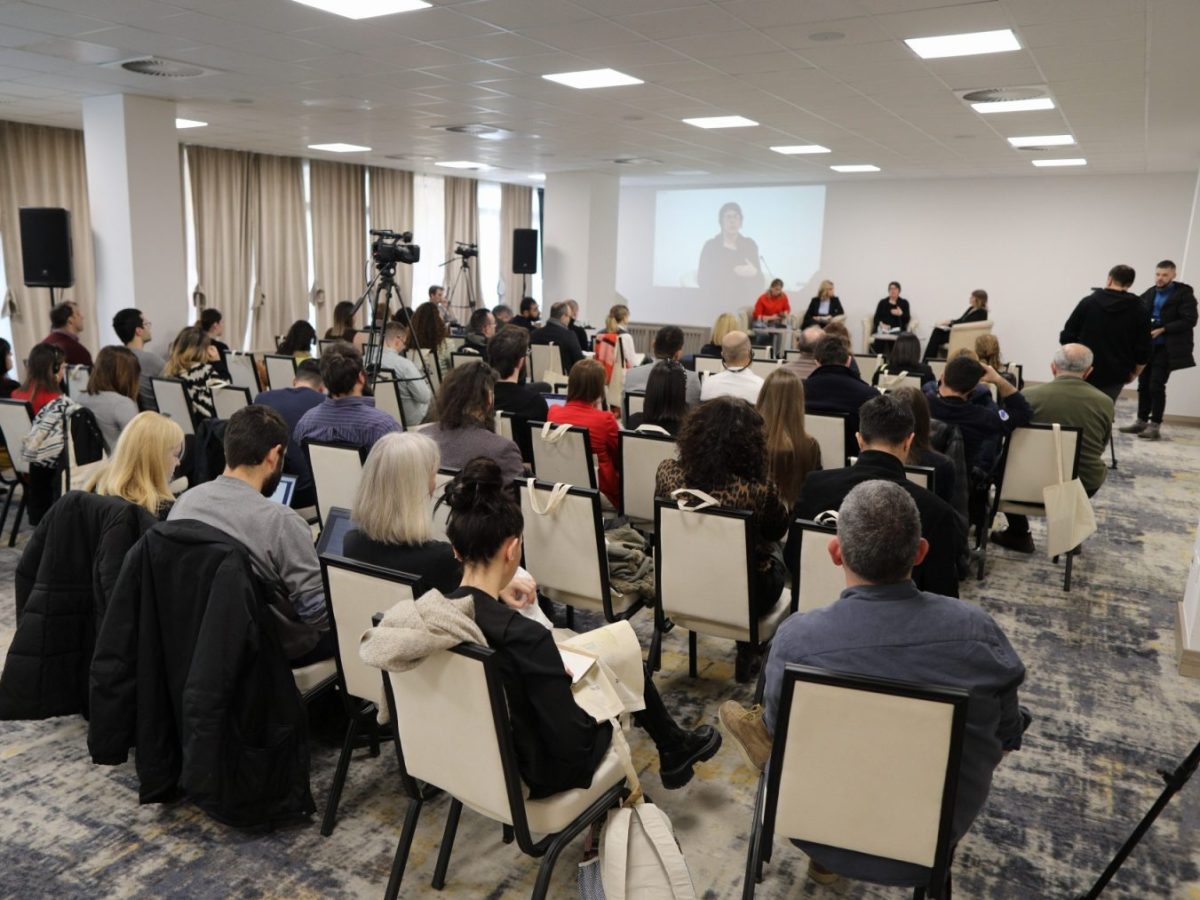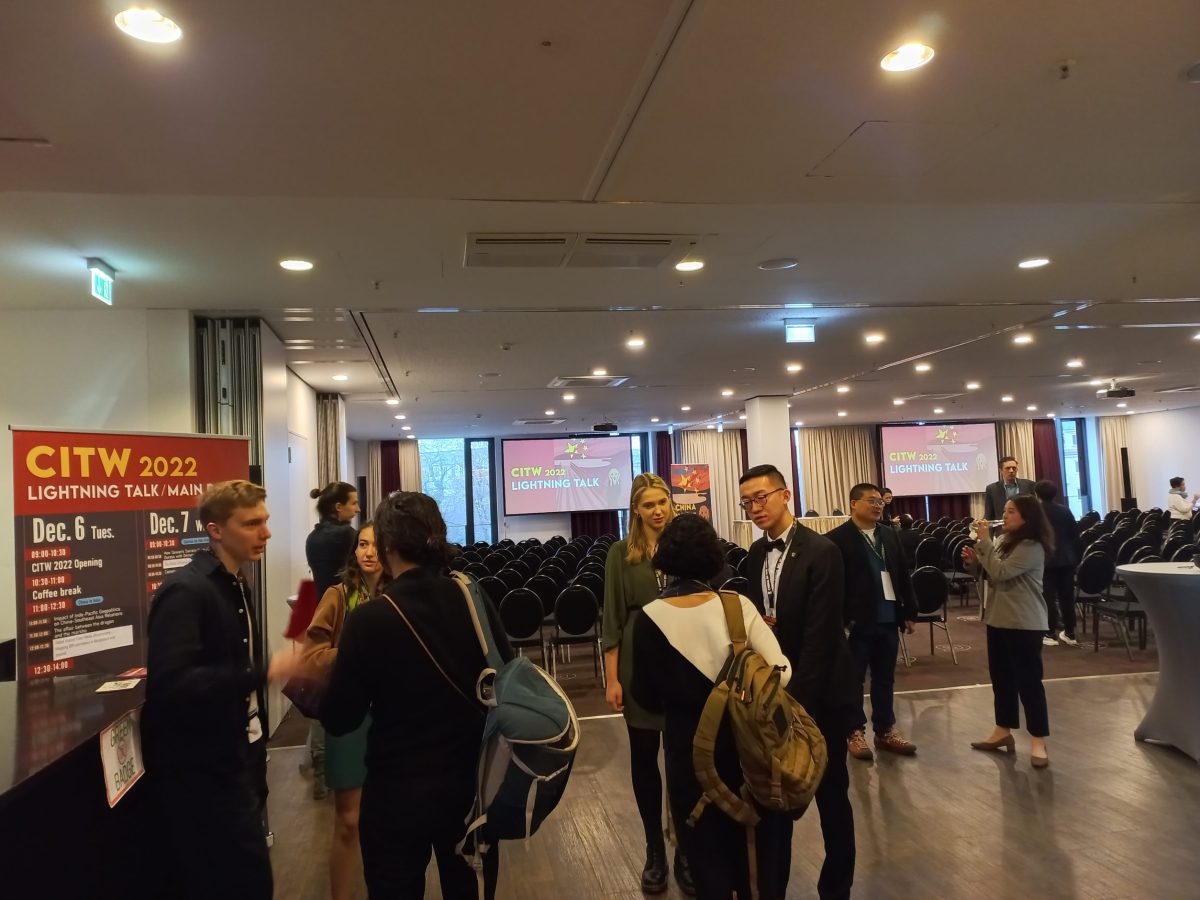Outgoing director says she is ‘confident that, with her skills and knowledge, she will lead BIRN to new heights’.
The Balkan Investigative Reporting Regional Network, BIRN Hub, has appointed award-winning journalist and media professional Milka Domanovic as its next Regional Network Director.
Domanovic will replace Marija Ristic, who has resigned to pursue other professional challenges.
She will lead the BIRN Hub, which coordinates the BIRN Network, dealing with editorial, training, operations and development, as well as developing, fundraising and coordinating core regional projects.
“Throughout her career, Milka has been dedicated to the promotion of media freedom and brings extensive experience that the Network needs in the often very hostile environment that journalists and media workers operate in. I am confident that, with her skills and knowledge, she will lead BIRN to new heights,” Ristic said.
Domanovic brings over a decade’s experience in journalism, media development and press freedom to her position.
Until recently, she was Head of Business and Partnerships at BIRN Hub, working on the identification of new opportunities for BIRN’s growth, including different partnerships, development of cross-border projects and expansion of its commercial services. Working for BIRN, with some breaks from 2013, she was also a journalist and researcher for the Network.
She worked earlier for the fact-checking portal Istinomer [Truth-o-meter], the Center for Investigative Journalism of Serbia, CINS, Serbia’s public broadcaster, RTS, as well as as a fixer for international media.
Domanovic was awarded a fellowship programme by the International Factchecking Network in 2017, which she spent with Pulitzer Prize-winning PolitiFact. She also won a Chevening scholarship awarded by the UK government to complete her Master’s studies at the University of London in 2018/2019.
“It has always been a true privilege to work in BIRN, an organization that nurtures highest professional standards in investigative journalism, supporting cross-border collaboration and processes of reconciliation in the region. Being in a position to lead BIRN and its team of accomplished, innovative and devoted individuals will therefore be even greater honour, as well as responsibility for me, and hopefully an opportunity to move additional boundaries together,” Domanovic said.
Marija Ristic has been leading the Network for the last five years.
Under her leadership, BIRN has expanded its activities, both geographically and thematically, to address the growing challenges and threats to independent journalism. BIRN Network expanded its coverage beyond the Balkans to Central and South Europe, while the organizational budget has tripled.
As director, Ristic in particular focused on the development of digital rights and tech programmes, empowerment of local media through capacity building and citizens’ engagement and expansion of human rights-focused programmes. During this period, BIRN supported the capacity building of more than 60 organisations in the region through mentoring and financial support.
Ristic has been the recipient of many awards, including the prestigious Reporters without Borders Annual Press Freedom Award, while under her leadership, the organization and its journalists received more than 70 awards, including the European Press Prize.
“It was an immense privilege and honour to lead such an exceptional and unique network and to work daily with some of the best journalists, dedicated and knowledgeable people across the region, who are the biggest strength of the network. From our staff to fellows, partners and donors, I am grateful for all the collaborations, ground-breaking journalism stories, as well as for difficult moments, that we managed to learn from,” Ristic said.
BIRN is a network of non-governmental organisations promoting freedom of speech, human rights and democratic values in Southern and Eastern Europe. It now has local organisations in Albania, Bosnia and Herzegovina, Kosovo, North Macedonia, Romania and Serbia. The Network is editorially also present in Greece, Bulgaria, Croatia, Moldova, Montenegro, Ukraine, the Czech Republic, Poland, Slovakia, Hungary and Slovenia.











